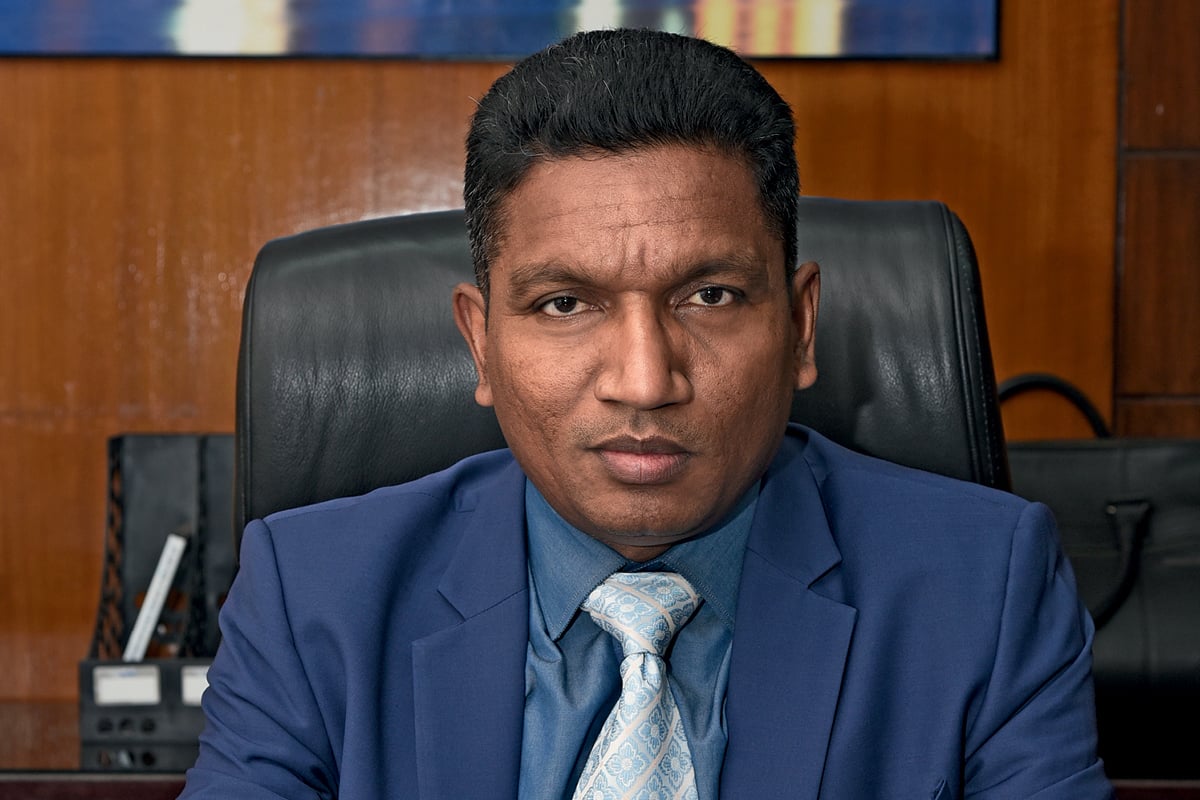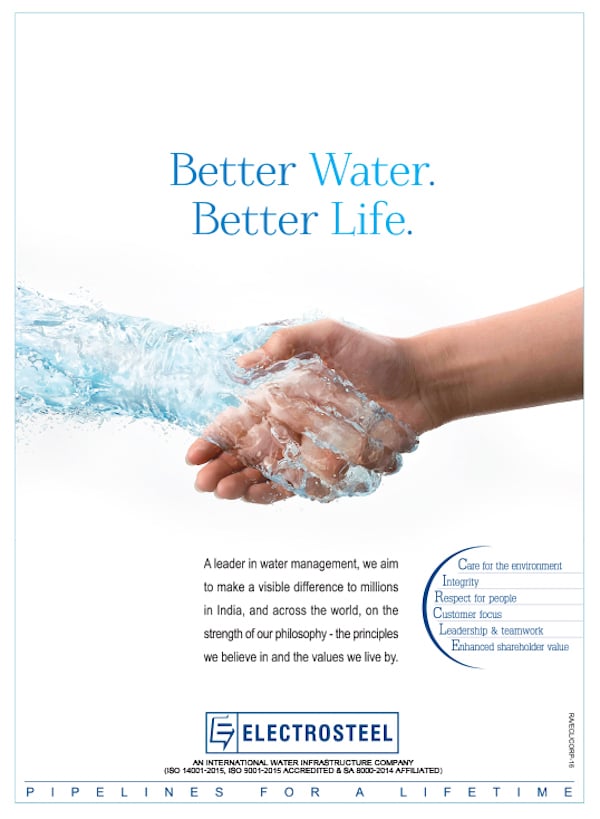Rajasthan’s energy sector has undergone drastic transformation in recent years, including an expansion of the involvement of private firms, all while energy demand and consumption continue to grow rapidly. The state government’s assets, however, remain a fundamental element of Rajasthan’s energy sector.

Under the management of Chairman and Managing Director Pallakonda Ramesh, Rajasthan Rajya Vidyut Utpadan Nigam Limited (RVUN) is responsible for ensuring these assets continue to generate energy for the people of Rajasthan.
Though Pallakonda has only been with RVUN for just over a year, he’s spent eight years in the power sector, with a broad, international education, including a Master in International Public Policy in Energy, Resources and Environment from The Johns Hopkins University in the US.
Thanks to this background, he was exposed to various critical components of the energy sector like electricity markets, a variety of fuels, emerging new technologies – with a special emphasis on energy security – energy economics and the impact of energy on geopolitics through cross national studies.
Today, his focus is on modernising India’s energy generation. Since India used to be an energy-deficient country, little concern was given to environmental awareness or the type of power generation.
Instead, the focus was simply on acquiring the power. India today produces more power than it consumes, but the quality and type of power is Pallakonda’s concern.
“If you look at India, more than 80–90% of technology for coal-powered thermal plants are still subcritical,” he explains. “Subcritical technology consumes a lot of coal, but it generates less energy. So now, over the past 10 to 15 years, supercritical technology has been introduced in India and we’ve started to incorporate this technology. It’s been one of the most important developments of the past few decades.”
Pallakonda encountered ultra-supercritical thermal power plants in Japan, which was new technology at the time. When he returned to India, it was a technology that no-one had heard of but, today, RVUN has abandoned setting up subcritical technology units and is planning to establish only ultra-supercritical units for forthcoming new projects.
But with Rajasthan’s weather and topography making it ideal for solar generation, and the cost of solar energy continuing to fall, Pallakonda ultimately wants it to replace coal.
“Though a source of dependent base power with cheaper generation cost, use of coal leaves a large carbon footprint. Rising to this challenge, RVUN has embarked on a journey of setting up 810 megawatts of solar power generation, floating and ground-mounted, thereby optimising its land bank, material and human resources.”
“Rising to this challenge, RVUN has embarked on a journey of setting up 810 megawatts of solar power generation.”
Partnerships are proving invaluable in this process. “The state seized upon a unique opportunity to form a strategic energy partnership with the US state of Utah to advance policy exchange and research collaboration, which may help us to deploy energy storage,” Pallakonda explains.
“Partners can help run pilot projects, lend expertise on using energy storage to integrate renewable energy or sell
energy storage systems to be used in the state.”
Thanks to this evolution, Pallakonda is able to achieve his fundamental measurements for success. “First and foremost, this organisation needs efficiency,” he says. “We need to produce more energy. The second thing is, as we all know, improving environmental protection. We have, as a country and as a state, agreed at global and international levels to adopt technologies that reduce impact on the environment and protect it.”
Pallakonda’s final measurement for success is ensuring morale and motivation within the teams operating RVUN’s power plants. Retaining personnel can be difficult given these plants operate in remote areas away from urban centres, while the private sector continues to grow and offer new and exciting positions for young engineers.
In line with Pallakonda’s belief that “happy employees are a key factor in improving the productivity of the organisation”, RVUN places a comprehensive focus on the professional, personal and social wellbeing of its teams.
As well as in-house training programs, RVUN offers access to national and international training programs to keep staff highly skilled. Financial incentives, regular and transparent promotions, and state-of-the-art facilities (medical, sports, accommodation and so on) are all valuable to employees.
As dynamic as the sector is now, RVUN is clearly well placed to succeed, and that’s in part thanks to having a leader as experienced as Pallakonda – someone with achievements that include co-authoring a book, India’s Energy Needs and the Arab/Persian Gulf, and working as a consultant for the World Bank’s Energy and Extractives Division.
But each day, he continues to achieve what he describes as his greatest career accomplishment – simply to work in a sector as crucial as energy.
Proudly supported by:



